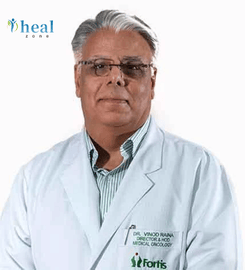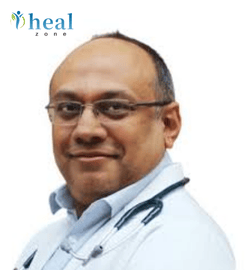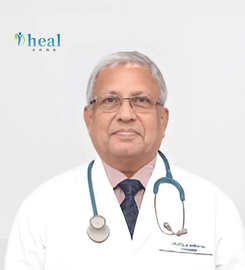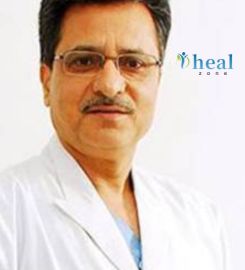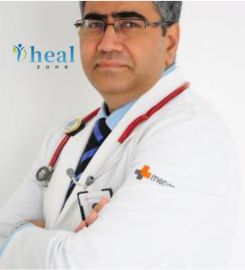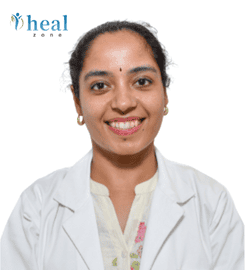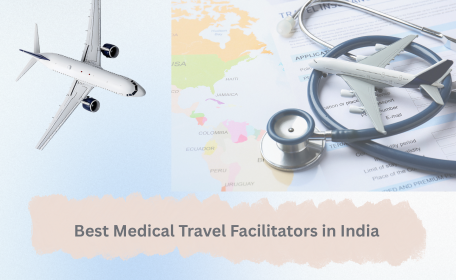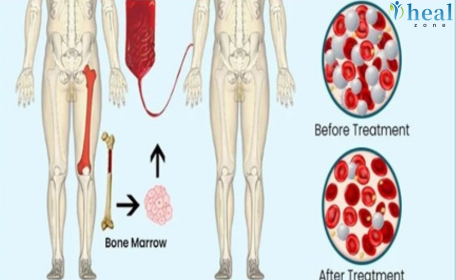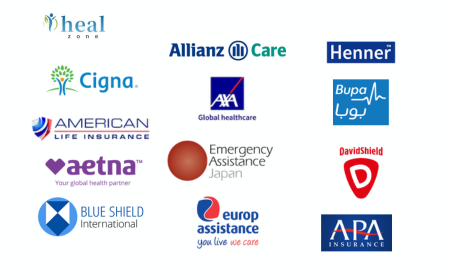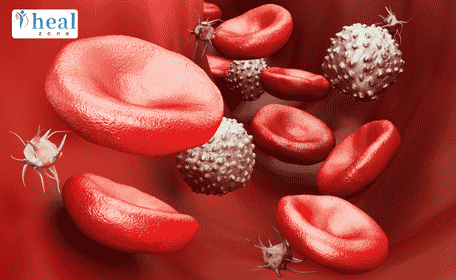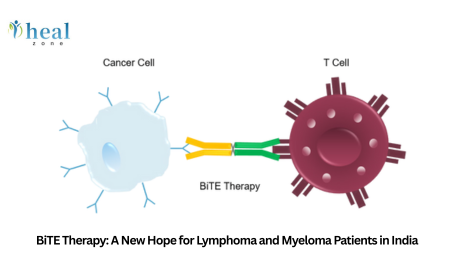What is Mouth Cancer and How Is It Diagnosed?
Mouth cancer, or oral cavity cancer, is a type of head and neck cancer that occurs in any part of the mouth — including the tongue, cheeks, gums, floor of the mouth, roof of the mouth (palate), lips, and the area behind the wisdom teeth.
Causes:
· Tobacco use (smoking or chewing)
· Alcohol abuse
· HPV (Human Papillomavirus) infection
· Prolonged sun exposure (lip cancer)
· Poor oral hygiene or chronic irritation
· Family history and genetic predisposition
Common Symptoms:
· Persistent mouth ulcers
· Lumps or thick patches in the mouth or throat
· Difficulty in chewing or swallowing
· Persistent sore throat or hoarseness
· Bleeding or numbness in the oral cavity
· Loose teeth or pain in the jaw
Diagnosis Includes:
· Clinical oral examination
· Biopsy (incisional or excisional)
· Imaging tests such as:
- CT scan
- MRI
- PET-CT
- X-rays of jaw/teeth
· Endoscopy for checking spread to throat or voice box
· HPV and p16 testing if needed
Early diagnosis significantly improves the chance of cure and survival.
What Types of Mouth Cancer Are Treated in India?
Indian cancer centers treat all major types and stages of oral cancers with multidisciplinary teams. The most common types include:
1. Squamous Cell Carcinoma
· Most common type
· Affects inner lining of the mouth
2. Verrucous Carcinoma
· Slow-growing, less aggressive
· Usually affects cheeks and gums
3. Minor Salivary Gland Carcinoma
· Rare, affects salivary tissues in the mouth
4. Lymphomas
· Can occur in the tonsils and base of tongue
5. Melanoma of the Oral Cavity
· Uncommon but aggressive
Cancer Location-wise Classification:
· Tongue Cancer
· Gum Cancer (Gingiva)
· Floor of Mouth Cancer
· Lip Cancer
· Palate Cancer
· Buccal Mucosa Cancer (Inner cheek)
Treatment in India is personalized according to the type, grade, stage, and spread of the tumor, often decided by a tumor board.
What Is the Detailed Treatment Protocol for Mouth Cancer in India?
The treatment protocol in India follows global NCCN guidelines and is tailored individually by expert oncologists. Here is a step-by-step breakdown:
1. Initial Consultation
· Comprehensive review of patient history and symptoms
· Pre-travel teleconsultation for international patients via Healzone
2. Diagnostic Work-up
· Biopsy confirmation
· Imaging (CT/MRI/PET-CT)
· Dental evaluation
· Nutritional assessment
3. Treatment Planning by Multidisciplinary Team
· Head and Neck Surgeon
· Radiation Oncologist
· Medical Oncologist
· Reconstructive Surgeon
· Speech Therapist & Dietician
4. Surgical Management (Primary Modality)
· Wide local excision of the tumor
· Neck dissection (removal of lymph nodes)
· Reconstruction using free flaps (if needed)
- Radial forearm flap
- Fibular bone flap
- Pectoralis major flap
5. Radiation Therapy
· Usually given post-operatively (adjuvant)
· IMRT or IGRT techniques used for precision
6. Chemotherapy or Targeted Therapy
· Given in advanced stages
· Often combined with radiation (concurrent chemoradiation)
7. Supportive Therapies
· Speech and swallowing therapy
· Psychological counseling
· Nutritional rehabilitation
8. Follow-up and Surveillance
· Monthly follow-up in the first year
· Periodic imaging and oral cavity exams
International patients are provided follow-up support via teleconsultation after they return to their home country.
What Devices, Technologies, and Techniques Are Used in Treatment?
Top cancer hospitals in India use state-of-the-art technology for accurate diagnosis and precise treatment:
Technologies Used:
· PET-CT and MRI scanners for staging
· CO2 Laser and Harmonic Scalpel for bloodless surgery
· 3D Conformal Radiotherapy (3DCRT)
· Intensity-Modulated Radiotherapy (IMRT)
· IGRT and SRS for highly targeted radiation
· Robotic Surgery (in select centers)
· Free flap reconstruction with microvascular surgery
· Voice and swallowing rehab devices
These technologies are operated by experienced specialists, ensuring the best outcomes and shorter hospital stays.
Why Choose India for Mouth Cancer Treatment?
India is globally recognized for its advanced and affordable cancer care. Here’s why thousands of international patients choose India every year for mouth cancer treatment:
Cost-Effective Treatment
Mouth cancer treatment in India costs 60–80% less than in Western countries without compromising quality.
World-Class Oncologists
Highly experienced head & neck cancer surgeons trained in the US, UK, and Europe.
Global-Standard Hospitals
NABH and JCI-accredited hospitals equipped with modern surgical, radiotherapy, and reconstructive facilities.
Multidisciplinary Cancer Boards
Every case is reviewed by a team of experts to ensure precision and personalization in care.
Minimal Waiting Time
Unlike other countries, patients in India can start treatment within 2–3 days of arrival.
English-Speaking Staff and Cultural Sensitivity
Hospitals are accustomed to treating patients from Africa, the Middle East, Southeast Asia, and Europe.
Why Trust Healzone for International Medical Travel and Treatment in India?
Healzone is a leading medical tourism facilitator dedicated to helping international patients receive affordable, safe, and effective cancer treatment in India. Here’s how Healzone supports your journey:
· Medical report evaluation and doctor matching
· Pre-travel online consultations with top oncologists
· Visa invitation letter and document assistance
· Airport pick-up, hotel bookings, and hospital transfer
· Priority admission and language support
· Interpreter services and case managers available 24/7
· Follow-up care coordination after returning home
Healzone’s support helps ensure you focus on healing while they handle the rest.
What Is the Cost of Mouth Cancer Treatment in India with Complete Breakup?
The total cost depends on the stage of cancer, type of surgery, hospital, and city. Here's a realistic cost breakdown:
|
Treatment Component |
Estimated Cost (USD) |
|
Initial Consultation & Evaluation |
$50 – $100 |
|
Biopsy & Histopathology |
$100 – $200 |
|
PET-CT / MRI Scans |
$300 – $600 |
|
Surgery (Wide excision + Neck Dissection) |
$1,200 – $2,500 |
|
Reconstructive Surgery (if needed) |
$800 – $1,500 |
|
Hospital Stay (5–7 days) |
$500 – $800 |
|
Radiation Therapy (25–30 sessions) |
$1,200 – $2,000 |
|
Chemotherapy (if needed – 3–6 cycles) |
$300 – $800 per cycle |
|
Medications & Supportive Care |
$200 – $500 |
|
Total Estimated Cost (Stage I–III) |
$2,500 – $5,000 |
|
Advanced Cases with Multiple Modalities |
$6,000 – $8,000 |
Healzone ensures transparent billing and no hidden charges for all patients.
Recovery depends on the extent of surgery and post-treatment requirements:
· Hospital Stay: 5–7 days for basic surgery, up to 10–12 days if reconstruction is required
· Pain Management: Painkillers and anti-inflammatory medications
· Feeding: Patients may require a temporary feeding tube post-surgery
· Speech and Swallow Therapy: Started soon after surgery
· Follow-up Care: Monthly visits for the first year, PET scan every 6 months
· Remote Follow-ups: Healzone arranges tele-consults after the patient returns home
Most patients can resume soft diet and normal activity within 2–4 weeks after discharge.
Is Mouth Cancer Treatment in India Safe? What Are the Risks?
Yes, treatment is very safe when performed at accredited hospitals. However, like all surgeries, some risks exist:
Common Side Effects:
· Swelling and pain
· Difficulty in speech or swallowing (temporary)
· Scarring or numbness
Surgical Risks (in rare cases):
· Bleeding or infection
· Issues with reconstructed flap
· Delayed wound healing
· Dental complications
Post-Radiation Effects:
· Dry mouth
· Tooth decay
· Skin changes
All major Indian hospitals have ICUs, emergency response teams, and post-op care units to ensure minimal risk.
What Are the Success Rates and Long-term Outcomes of Mouth Cancer Treatment in India?
India’s success rates for early-stage mouth cancer are comparable to global benchmarks:
|
Cancer Stage |
Survival Rate (5 Years) |
|
Stage I |
80–90% |
|
Stage II |
65–75% |
|
Stage III |
50–60% |
|
Stage IV |
30–40% (with combined modality treatment) |
Success rates improve with:
· Early detection
· Skilled surgical resection
· Access to radiation and chemo when needed
· Post-treatment rehabilitation

